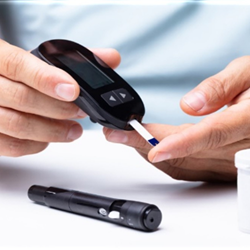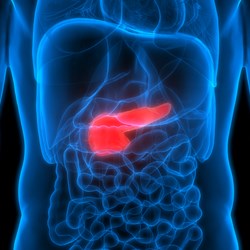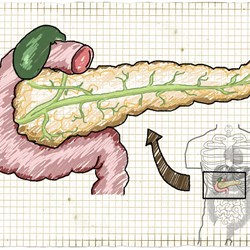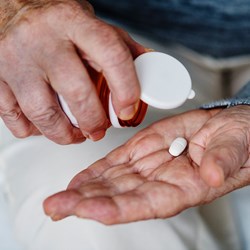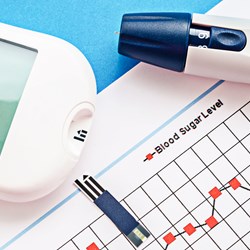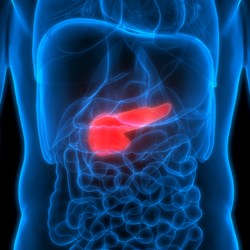Other Diabetes
Type 1 and Type 2 diabetes are the most common but there are some other rarer types of diabetes, these include Latent Autoimmune Diabetes in Adults (LADA); Maturity Onset Diabetes of the Young (MODY); Neonatal Diabetes and Steroid Induced Diabetes.
LADA has similarities to both type 1 and type 2 diabetes, so it’s sometimes referred to as type 1 ½ diabetes. It’s similar to type 1 diabetes in that your body’s immune system attacks the cells that produce insulin, but it develops more gradually, which is similar to type 2.
MODY is a rare form of diabetes and caused by a mutation, or change, in a single gene which means it runs strongly in families usually affecting someone in each generation with a 1 in 2 chance of an affected person passing the condition to an offspring. There are several different types of MODY so a genetic test will need to be carried out to determine what type it is.
Neonatal diabetes usually occurs in the first 6 months of life and is different from type 1 as it’s not caused by the body attacking its own insulin-producing cells. It’s usually caused by a change in a gene which affects the production of insulin.
Steroid-induced diabetes is caused by taking steroids, which may be prescribed to reduce inflammation in the body or to treat conditions like arthritis, COPD (lung disease), or polymyalgia rheumatica (PMR)). Steroids increase insulin resistance which raises blood glucose levels.
If you have any of these types of diabetes, you will still be under the care of your local diabetes team so will receive the same check-up appointments to monitor your blood glucose levels, eyes, kidneys, heart, legs and feet.
Advanced Search
Resource type -
Language -
Type of diabetes -
This video explains non-diabetic hyperglycaemia, which is also called pre-diabetes. It describes what this condition means, how it develops, and why recognising it matters for your future health.
This resource gives a brief summary of the type of diabetes called Latent Autoimmune Diabetes of the Adult (LADA).
This resource gives an overview of Maturity Onset Diabetes of the Young (MODY), including why it develops and how it is diagnosed.
This resource provides a short summary of neonatal diabetes and its causes.
This page provides information on the effects steroids can have on your blood glucose levels
This page explains what diabetes is. It also explains the difference between Type 1 diabetes and Type 2 diabetes.
